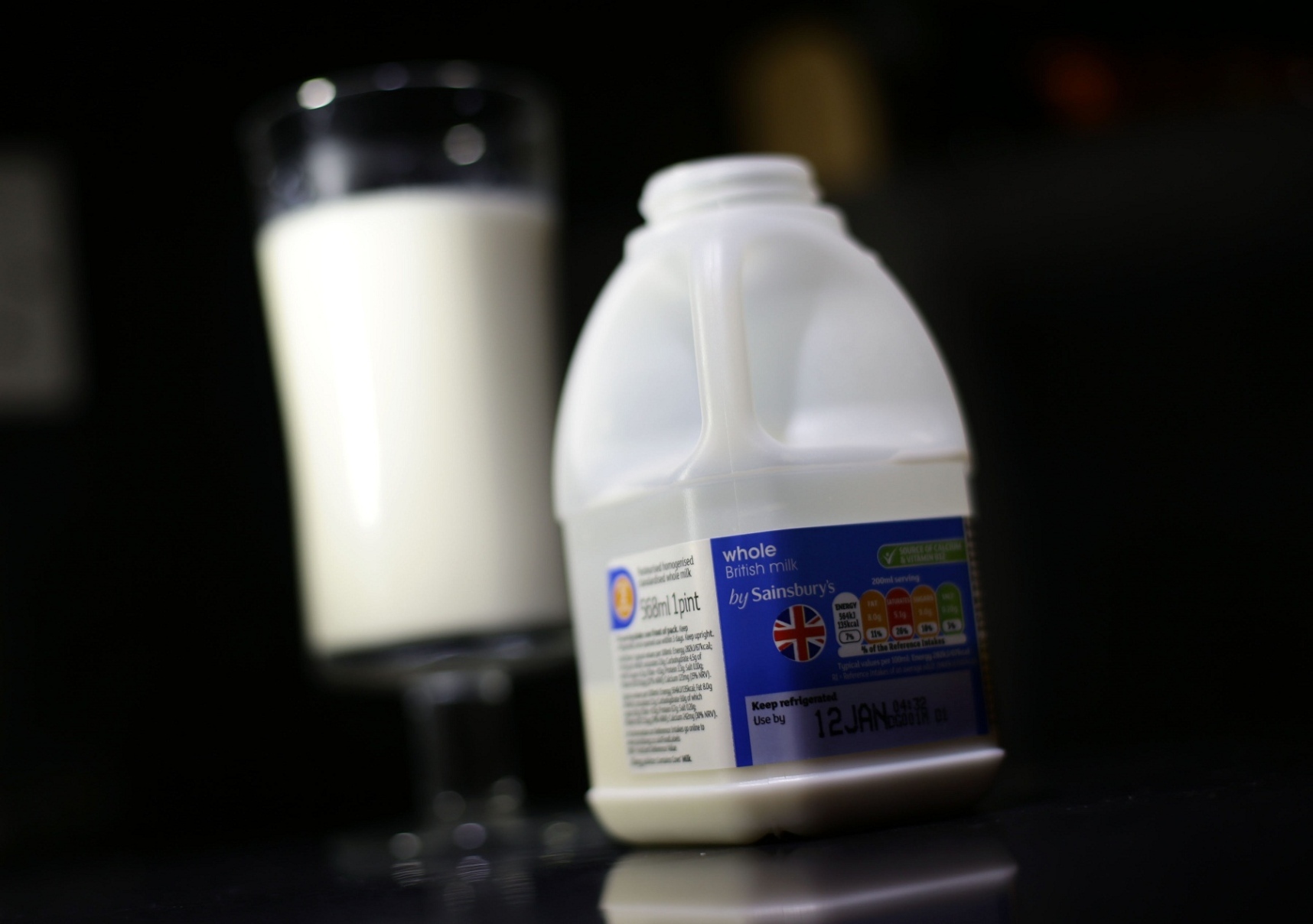Holyrood has broken its silence on the milk industry crisis with an announcement it is to launch an “urgent” inquiry into milk pricing.
The move follows a difficult week for the dairy industry and for Glasgow-based First Milk particularly with pressure mounting on all of Scotland’s dairy farmers, courtesy of milk price reductions and the news the British co-op would be delaying £10 million of pay cheques to herds across the UK.
MSP Rob Gibson, convener of the Scottish Parliament’s Rural Affairs, Climate Change and Environment Committee, said First Milk’s actions are “only the latest devastating blow” for dairy farmers.
“Since 2002 there has been a steep decline in the number of dairy farmers in Scotland, defeated by rock-bottom prices and rising costs,” he said.
As a result, he said, the committee intends to urgently address the plight of dairy farmers.
“It is crucial that we work to find a way to supply milk at a reasonable cost that can sustain the dairy industry in Scotland.
“In the coming weeks we will be taking evidence from those on the front line: the dairy farmers themselves.”
Mr Gibson said despite the fact milk is a staple for most Scottish households, there is widespread industry and political recognition that many dairy farmers are having to supply processors at less than the cost of production while the supermarkets are selling milk at unsustainable prices.
Price wars between the largest retailers in the UK have dragged the current retail value of a ‘four pinter’ down to just 89p this week in Asda, Aldi, Lidl and Iceland less than some bottled water. In Tesco, Sainsbury’s and Waitrose the same size bottle is only £1 at the checkout.
“We want to see a good long-term future for the industry in Scotland and therefore we will be looking for explanations from the processors and supermarkets on the steps they are taking to address what is a very worrying situation for the country, the industry and individual producers,” said Mr Gibson.
NFU Scotland communications director Bob Carruth said the 1,000 farmers in the dairy industry work day and night to contribute more than £400 million to Scotland’s growing food and drink industry.
“However, the global collapse in dairy prices has seen farm-gate prices for some Scottish farmers fall at a staggering rate and, in a matter of months, many Scottish producers are once again receiving a milk price that is significantly below what it currently costs them to produce it,” he said.
That is unsustainable and threatens a key plank of our food and farming sectors, he said. “Political engagement on the need for a robust Scottish dairy sector in the long term is welcome.”
The launch of the milk price investigation builds on a meeting between Rural Affairs Secretary Richard Lochhead and representatives from the NFUS and the wider dairy industry to discuss the “dire situation” in the hope of reinforcing the sector before the current situation has the potential to damage it irreparably.
“Farmers must be paid a fair price for what they produce,” Mr Lochhead said.
“The decision by the supermarkets to sell four pints of milk for as little as 89p raises serious questions.”
At a Scottish Retail Consortium reception earlier this week Mr Lochhead urged retailers to do more to support Scotland’s hard-working farmers and processors by stocking and promoting ‘home grown’ dairy products, which he said rank among the “best quality dairy products in the world”.
He also told retailers to “make clear to consumers” precisely how much of the dairy they are buying comes from Scotland and how much originates from elsewhere.
“The Scottish Government and our agencies are doing all we can to support our dairy companies, such as First Milk, to respond to current volatility, develop their businesses and to take advantage of new market opportunities here in Scotland and beyond and I look forward to updating the RACCE committee on this work in due course,” he stressed.
Mr Lochhead said he hopes to meet with the First Milk board “shortly” to thrash the situation out more fully and hear their plans for the future.
